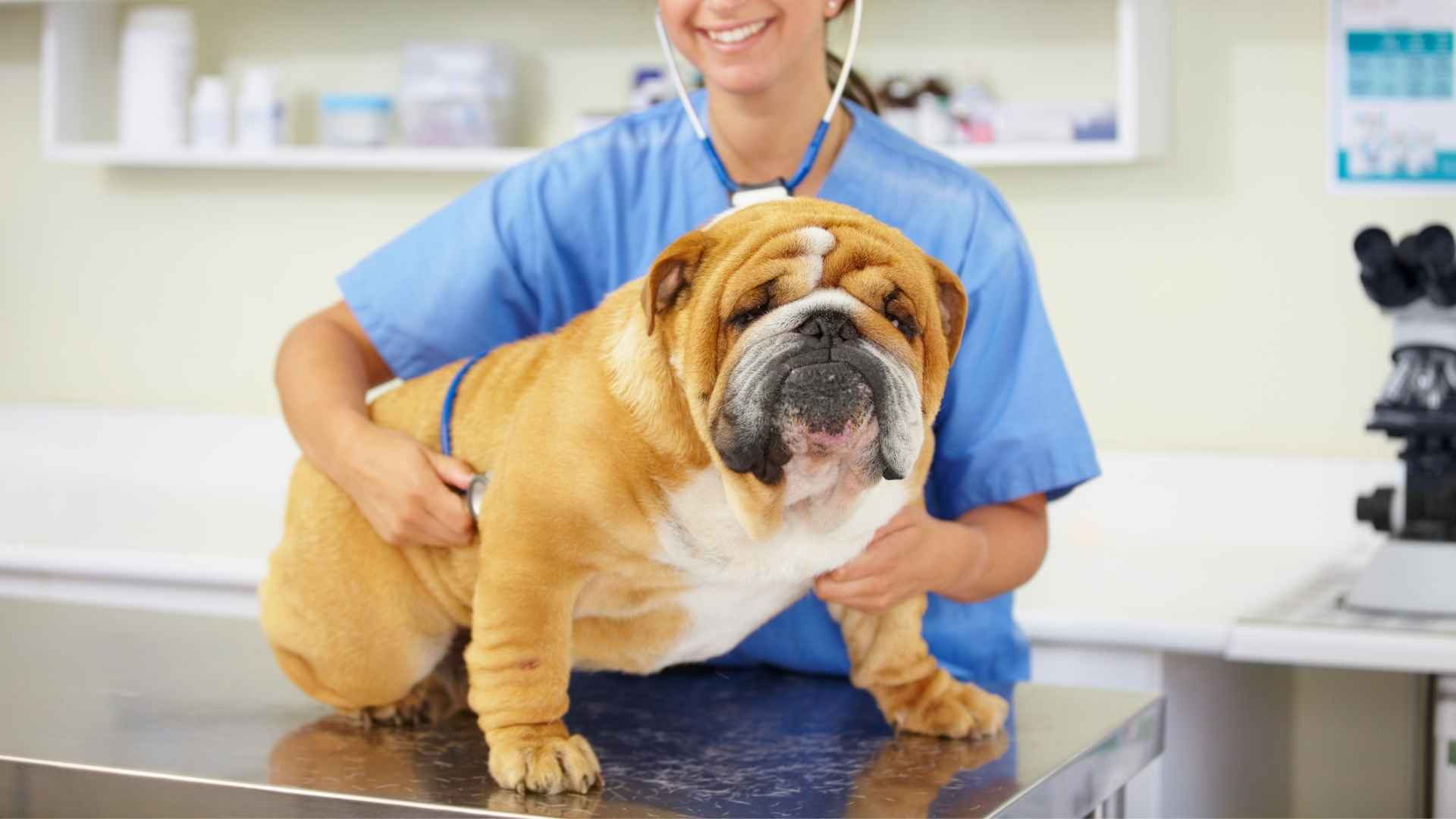Does your dog panic at the vet’s visit?
You are not the only one. Many dogs become anxious, stressed, and even scared when visiting the vet. Even the friendliest dog can feel uncomfortable in a strange place because of new faces, unusual smells, and unfamiliar tools. But the good thing is that there are dog breeds that are naturally calm and adapt to such visits.
According to AKC, some breeds have been known to handle stress and new situations better, and they are prone to react in a certain way, such as to smells, sounds, or objects. These calm pets can make your vet visits easier on you and more comfortable for your dog.
Dog Breeds That Stay Calm During Vet Visits
In this article, we will explore 9 dog breeds that stay calm during vet visits and bring peace to your home and your pup’s health checkups.
1. Cavalier King Charles Spaniel
Cavalier King Charles Spaniels are ideal pets for families, seniors, or anyone seeking a loving companion. They crave human care and attention, and they enjoy being touched.
These are not fearful dogs and do not express much aggression. They are small, making them easy to carry around and put gently on the exam table without discomfort. Since they are so adorable, they can sometimes form a positive association with places like a veterinary hospital.
Cavaliers are responsive to gentle voices and soft treats. They also do not require a lot of exercise; therefore, they are great, low-maintenance companion for anyone, regardless of their owners.
2. Bulldog
Low-energy and with those wrinkled faces, Bulldogs surely are one of the most relaxed breeds. According to Chewy, they do not bark as much, do not jump around, and are usually not too thrilled by new environments. This is why they remain gentle during visits to the vet.
Due to the flatness of their faces, these dogs may require proper care in terms of breathing and temperature regulation. They tend to be very well-behaved during checkups, vaccinations, or examinations.
They are not big on exercise and can enjoy relaxing on the couch, which makes them ideal for apartment living. Their calm behavior and strong connections with people set these dogs apart, reducing both the dog’s and the owner’s vet anxiety.
3. Bernese Mountain Dog
These are breeds that are easygoing, friendly, and very loyal. They are big, tough, but they have very soft hearts. They will lie calmly and wait alongside during the examination in the vet office.
This large breed is ideal for outdoor adventure-seekers who also remain gentle when staying indoors. The mix of physical activity and emotional stability helps keep them healthy and happy. They respond well to basic training and reward-based methods.

They are prone to joint issues, though proper care and feeding support may minimize the risk. Bernese Mountain Dogs are a beautiful breed with a wild heart and a sweet disposition, making them great dogs both at home and at the vet.
4. Newfoundland
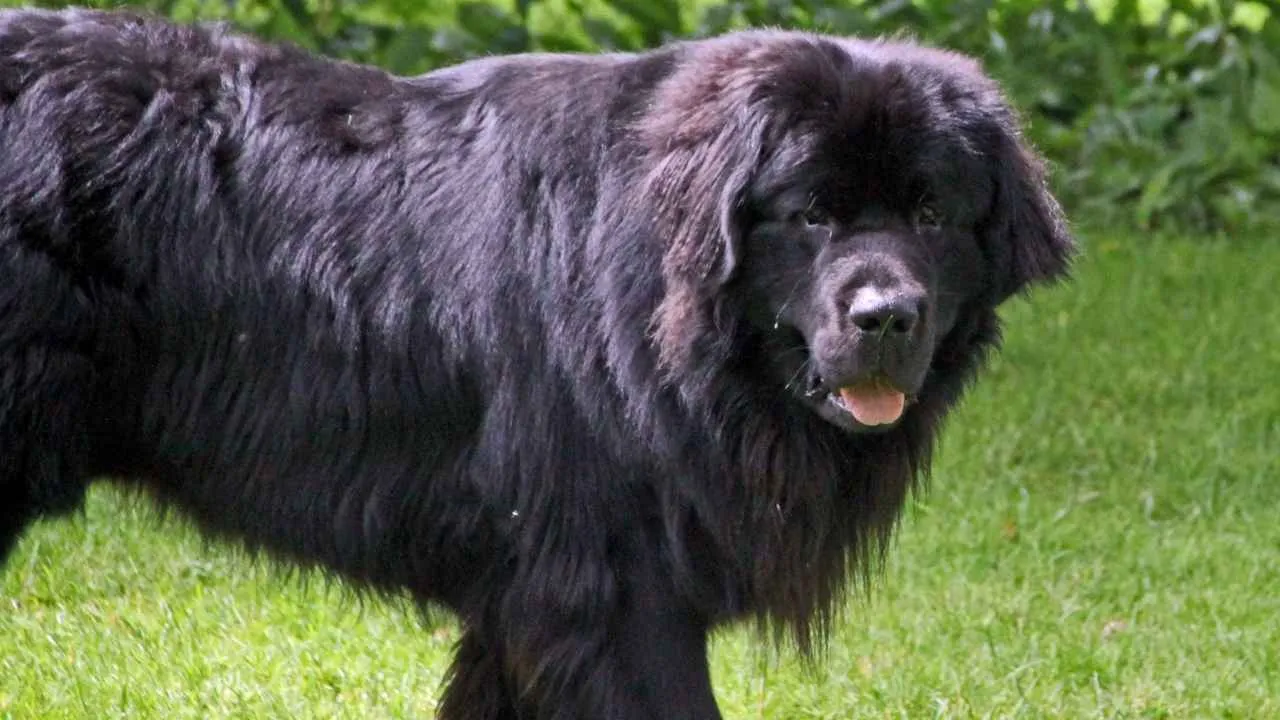
They are known as ‘nanny dogs’ for a good reason. This breed is kid-friendly, tends to remain calm around strangers, and rarely barks or exhibits excessive noise. That makes it easy and smooth to visit the vet.
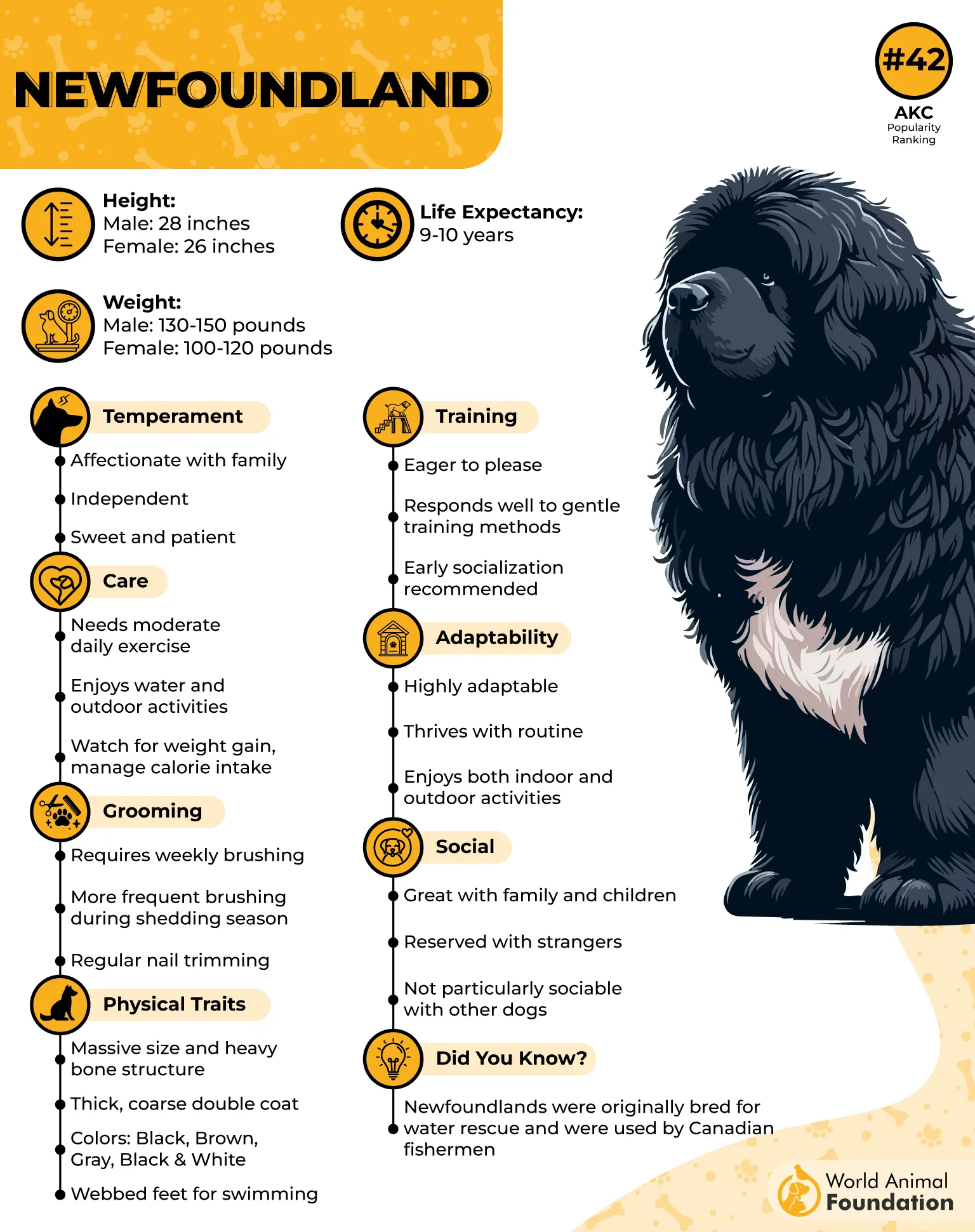
Although they require regular exercise and grooming, due to emotional stability, these tasks are relatively easy to manage. Newfies hardly ever resist when being put on a leash or when their paw are lifted. Even during dental checks or mouth inspections, Newfies tend to stay relaxed and cooperative.
They are beneficial in multi-pet homes, as they remain friendly even around cats or nervous dogs. They are large, but their soothing power is very suitable in every loving family.
5. Great Pyrenees
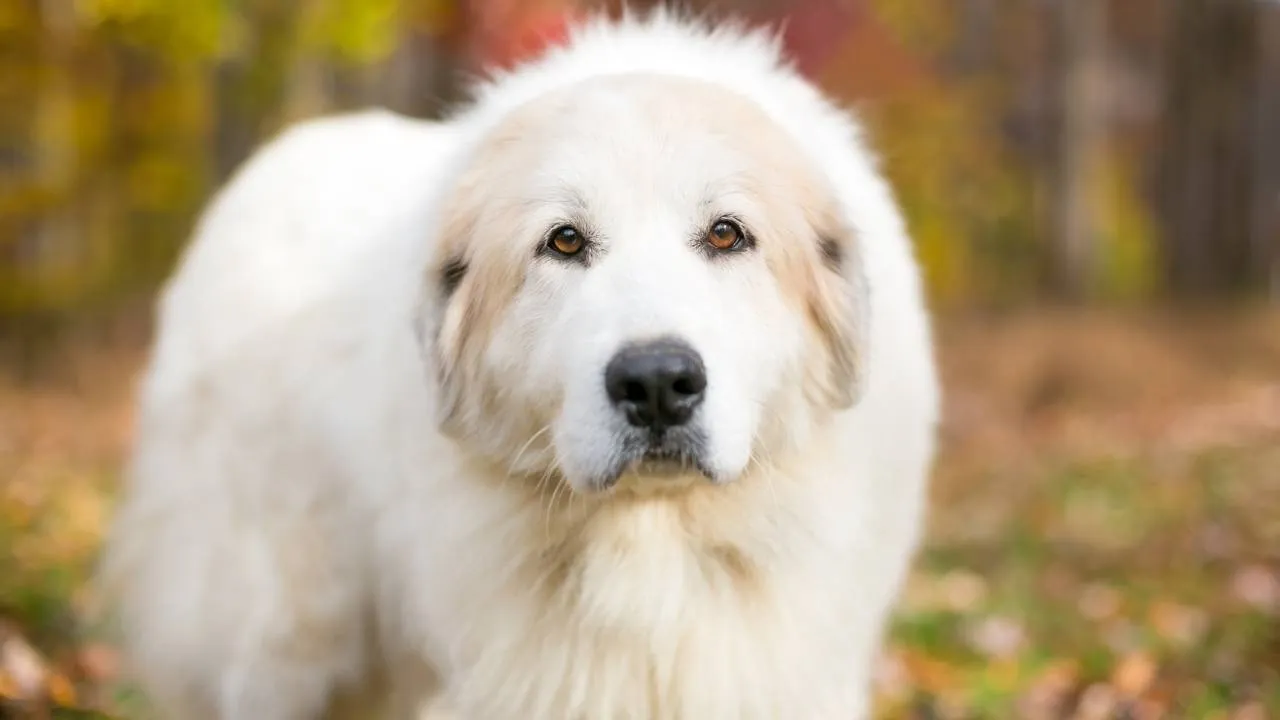
These dogs were originally bred to guard livestock, which explains their steady personality. Their response time to fear is slow, and they seldom exhibit stress reactions, even in new places or loud environments, such as veterinary hospitals.
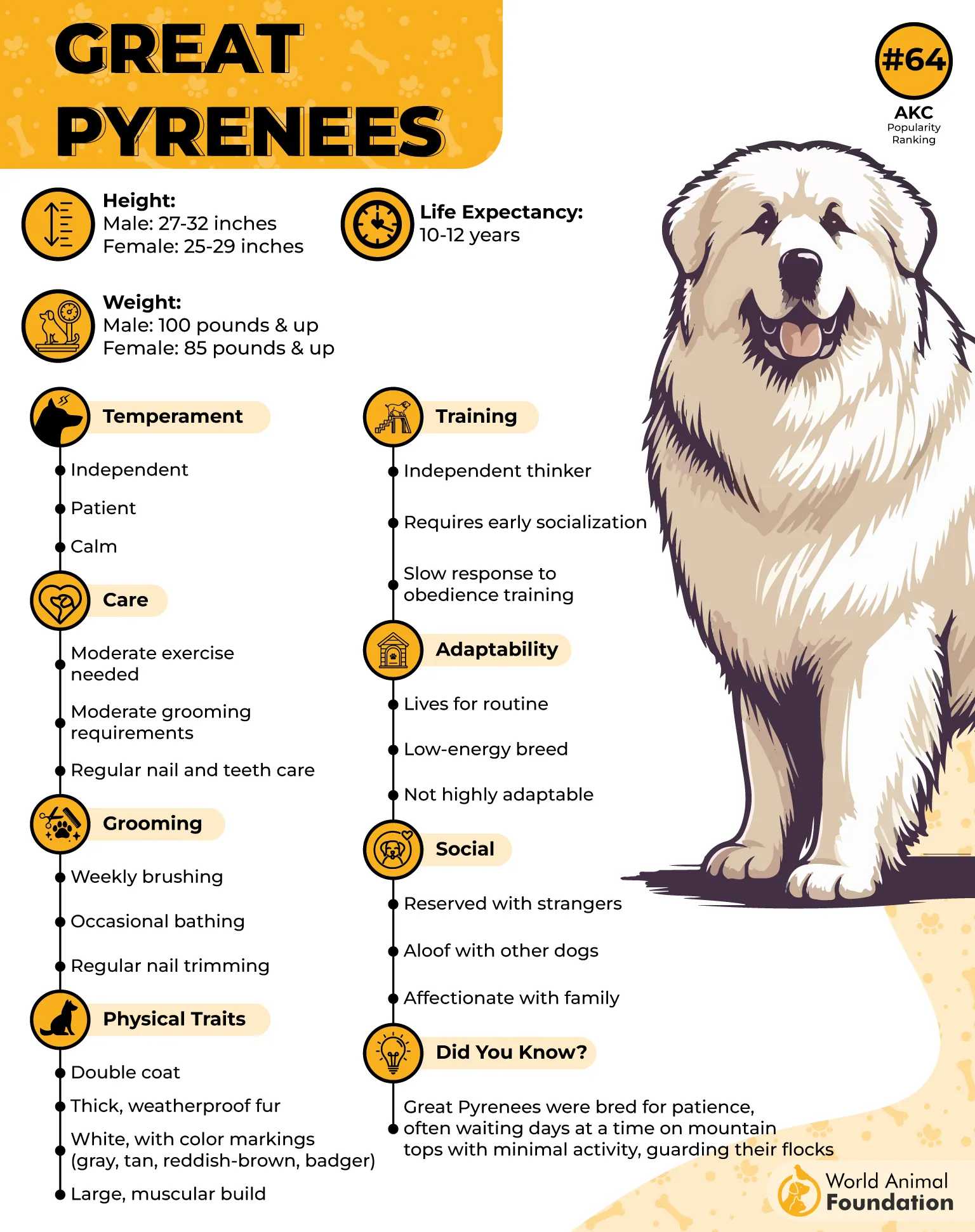
They are child-friendly and commonly known as therapy dogs, being peaceful dogs. They are likely to sit calmly even when being shot or examined at the vet. Give them a couple of treats and praise, and you have won this breed.
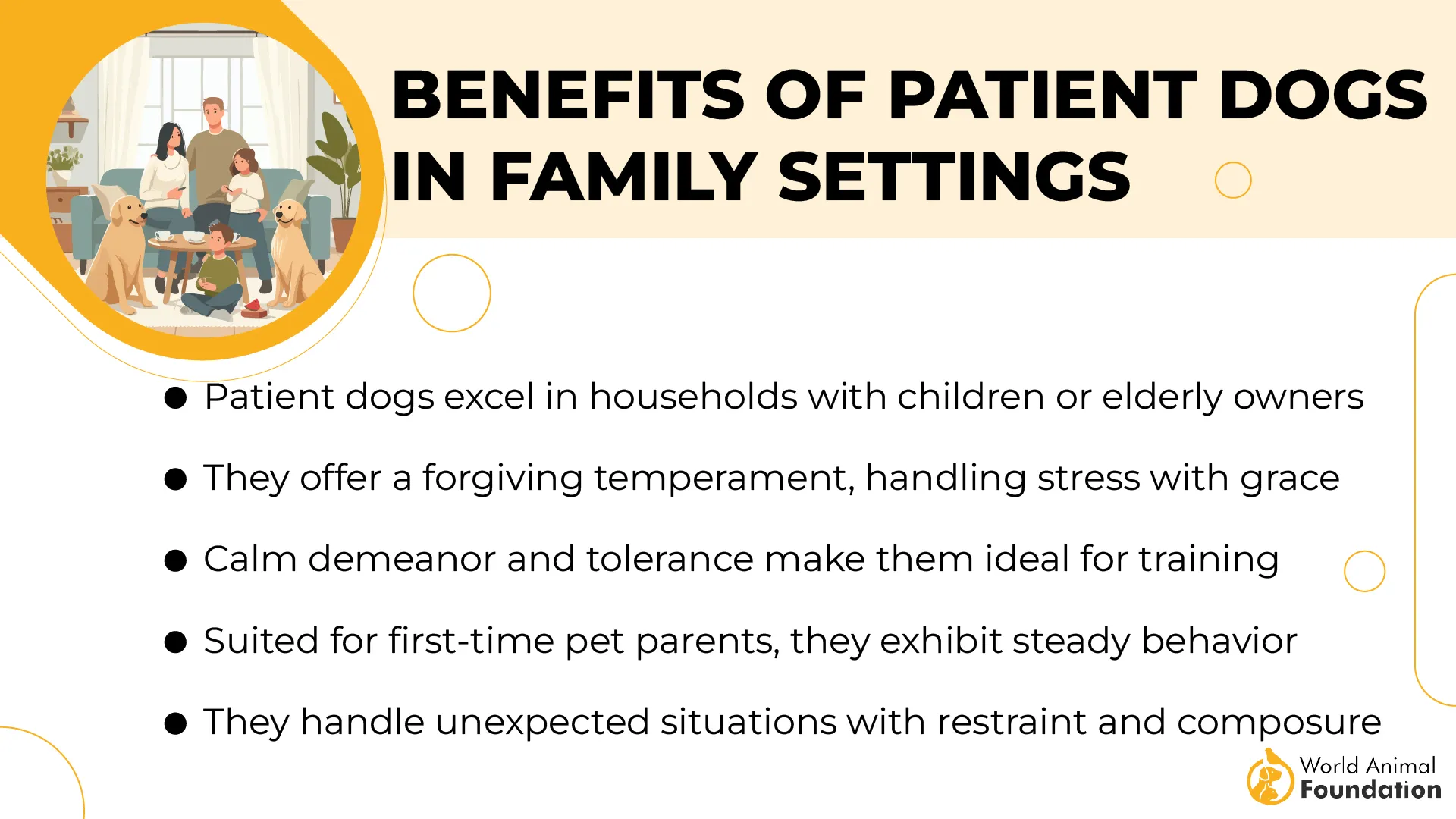
They work well for families with an active lifestyle who enjoy spending time outdoors together. They are an intelligent and stable breed due to their strong genetics and training.
6. Basset Hound
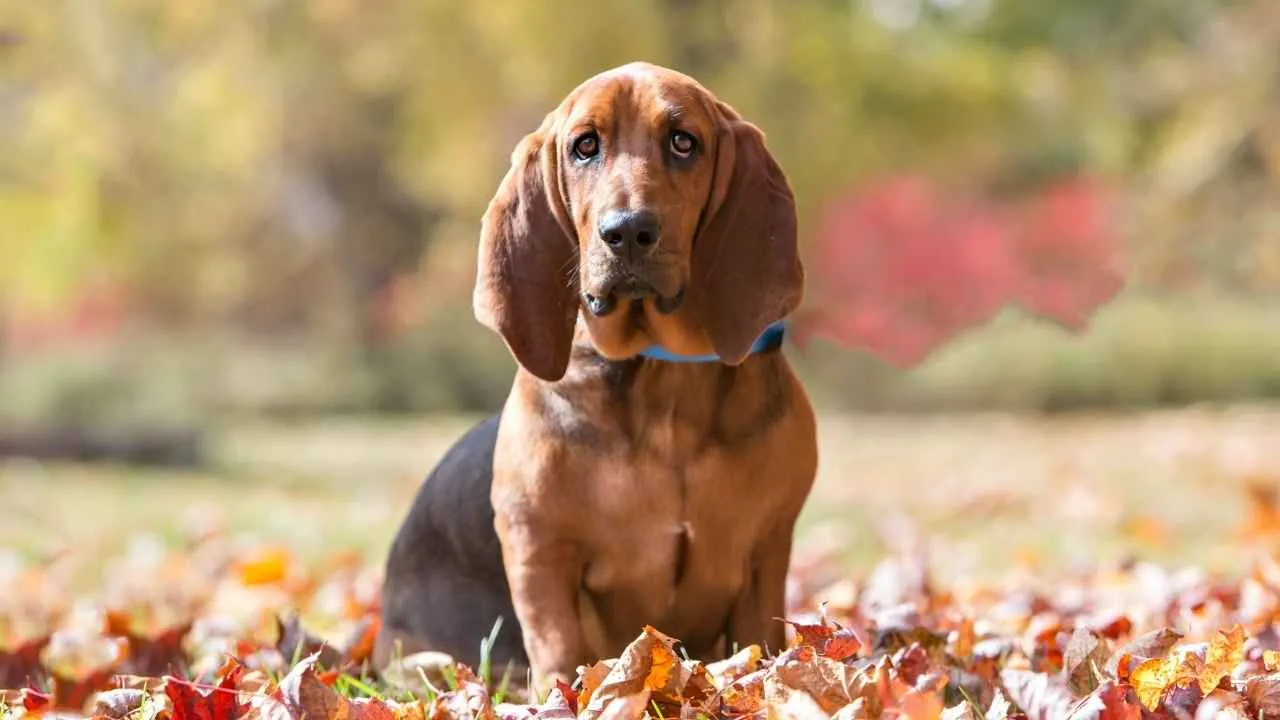
Bassets are easy-going and not easily excited. Their droopy eyes, floppy ears, and low barking are all signs of how relaxed they are. They adapt to new locations easily, so the vet visits are not stressful to the pup and the owner.
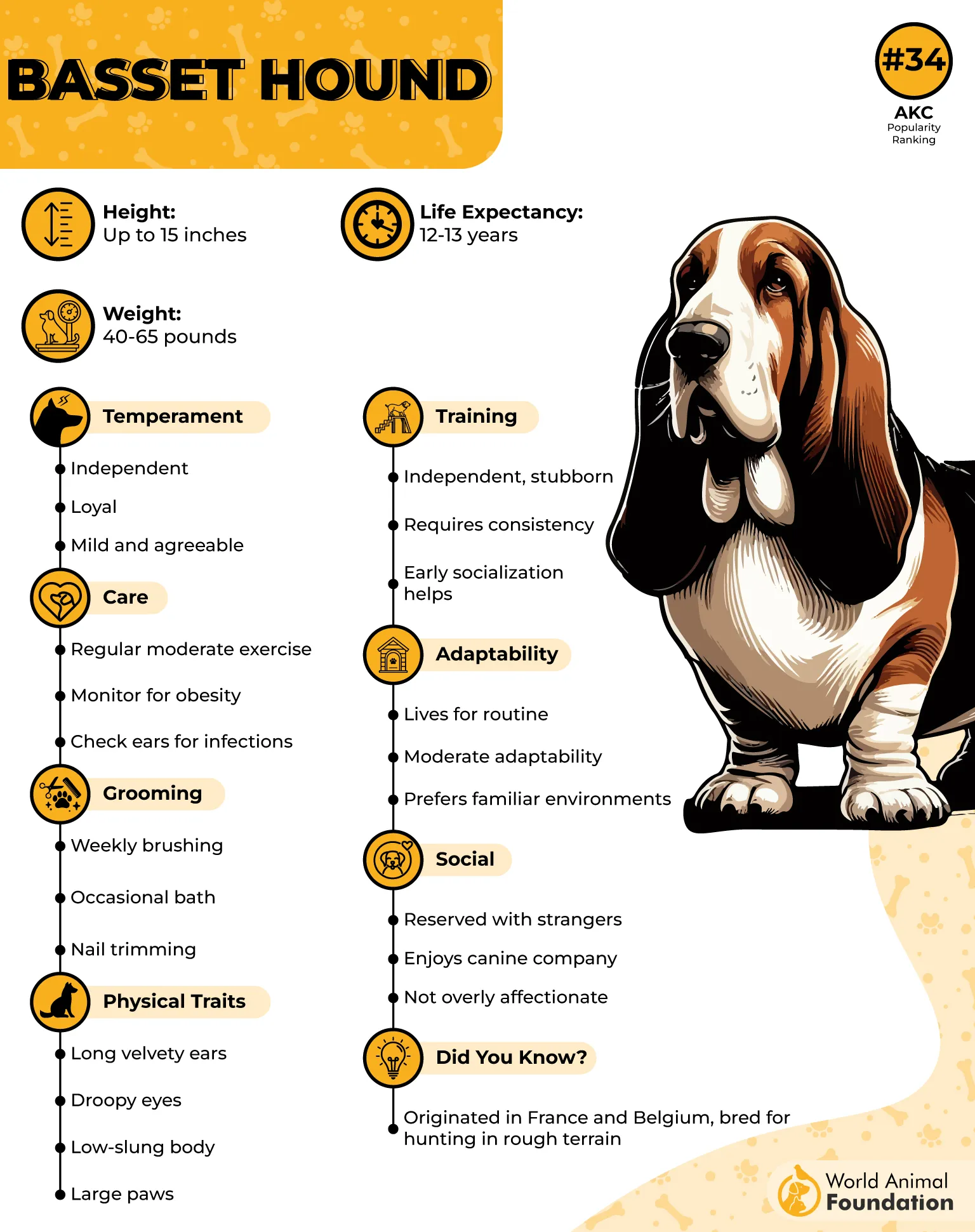
These dogs have a good attitude and usually do not misbehave; however, they have an intense sense of smell and may sniff everything in the vet’s office. They are also easy to handle during examinations or shots. If needed, a calming spray can also be used to maintain their mellow state during longer visits.
Bassets do not require a lot of physical exercise; however, daily walks and healthy foods can help them avoid weight-related problems. A little reward, a lot of love, and you’ve got a happy hound.
7. Irish Wolfhound
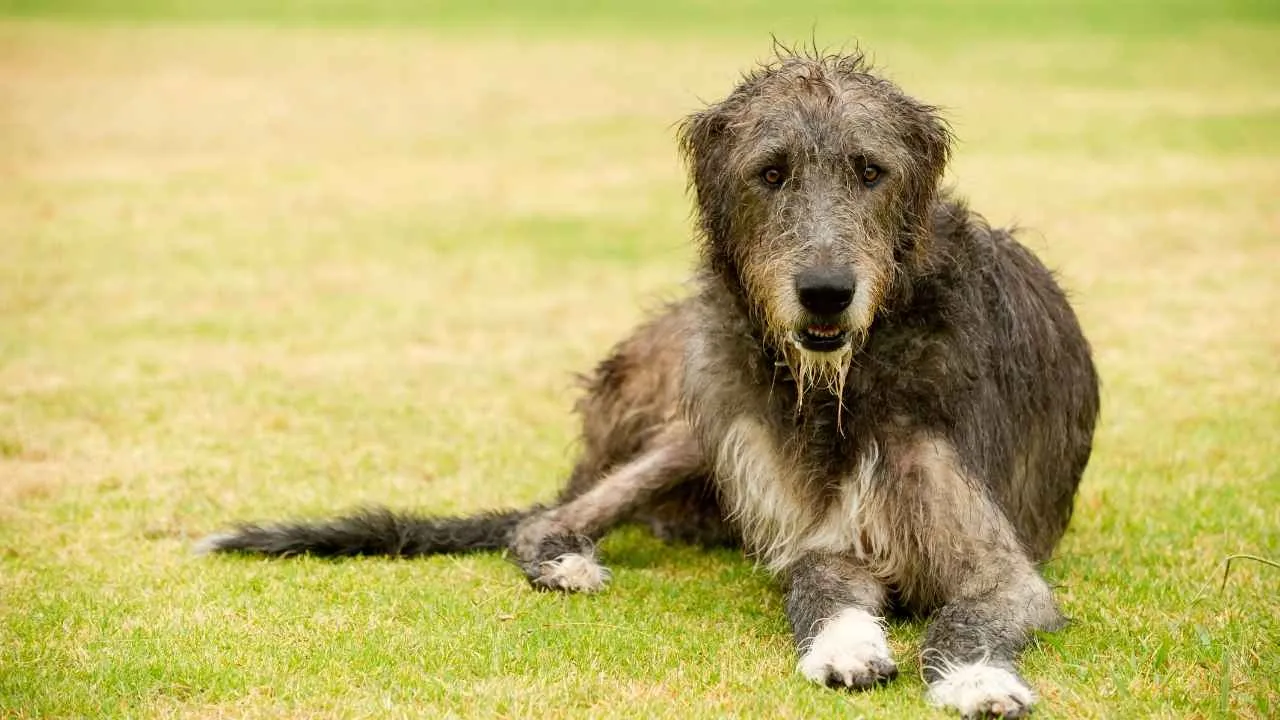
These are gentle giants and friendly, and they get along well with strangers, including veterinarians. They do not jump, are not barky, and never put up a fuss against being muzzled, which is why they can be excellent choices for owners with anxiety.
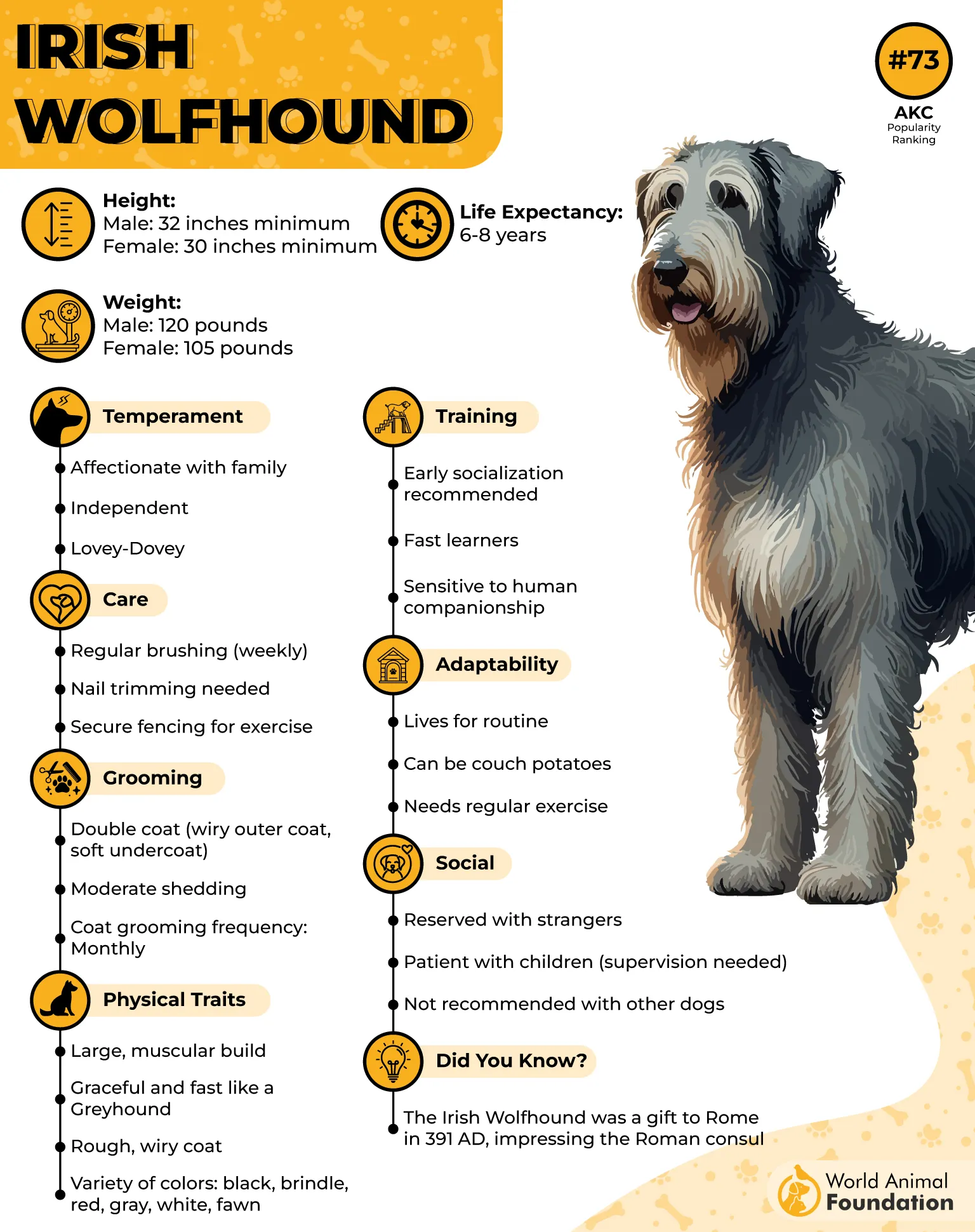
Although they are big, they do not require full activity. They only need a couple of daily walks and some cozy places where they can rest. They are also famous for their healthy behavior and good temper towards other animals.
Irish Wolfhounds never mind checkups, particularly when you bring them treats to lure them or talk to them gently. Even their body language, like a relaxed tail, shows how unbothered they are during health exams. Their strong heart and affection make them stay happy most of the time, even when they have to visit a vet.
8. Tibetan Spaniel

The Tibetan Spaniel may be small in size, but when it comes to confidence and calmness, this breed stands tall. Known for their serene nature and cat-like independence, Tibetan Spaniels rarely show signs of panic, especially during vet visits.
This dog breed thrives in familiar surroundings and builds strong bonds. They often take the lead in multi-dog households by staying calm and can set an excellent example for more anxious pups.
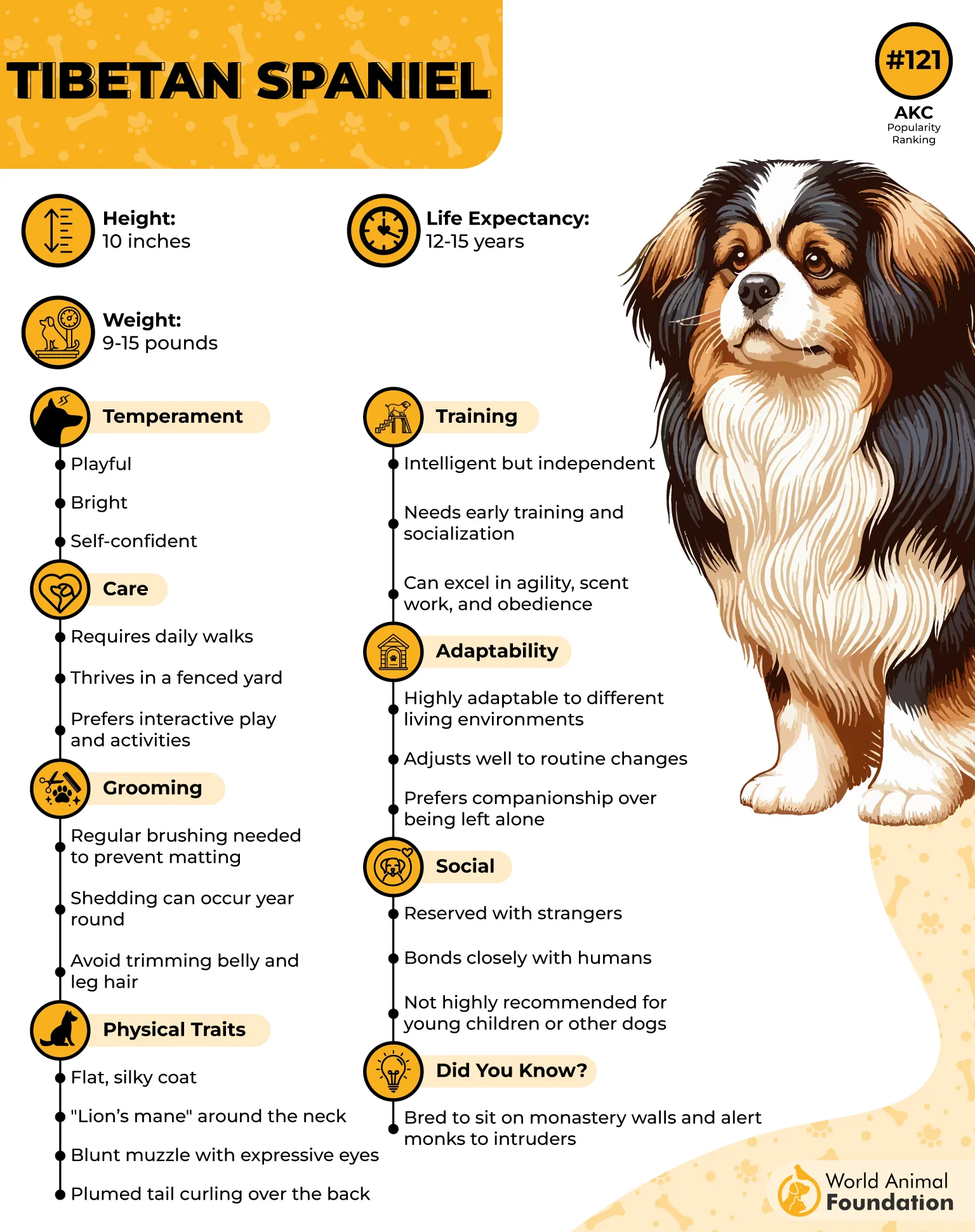
Their natural intelligence enables them to learn routines quickly and remain still during an examination with minimal effort and without requiring loud commands.
Originally bred by Tibetan monks, these guardians are not just spiritual companions but also low-maintenance companions. They’re ideal for families or seniors looking for a dog that doesn’t overreact to fearful situations. With the right amount of positive association and gentle words, the Tibetan Spaniel handles the vet’s office like a pro.
9. Golden Retriever
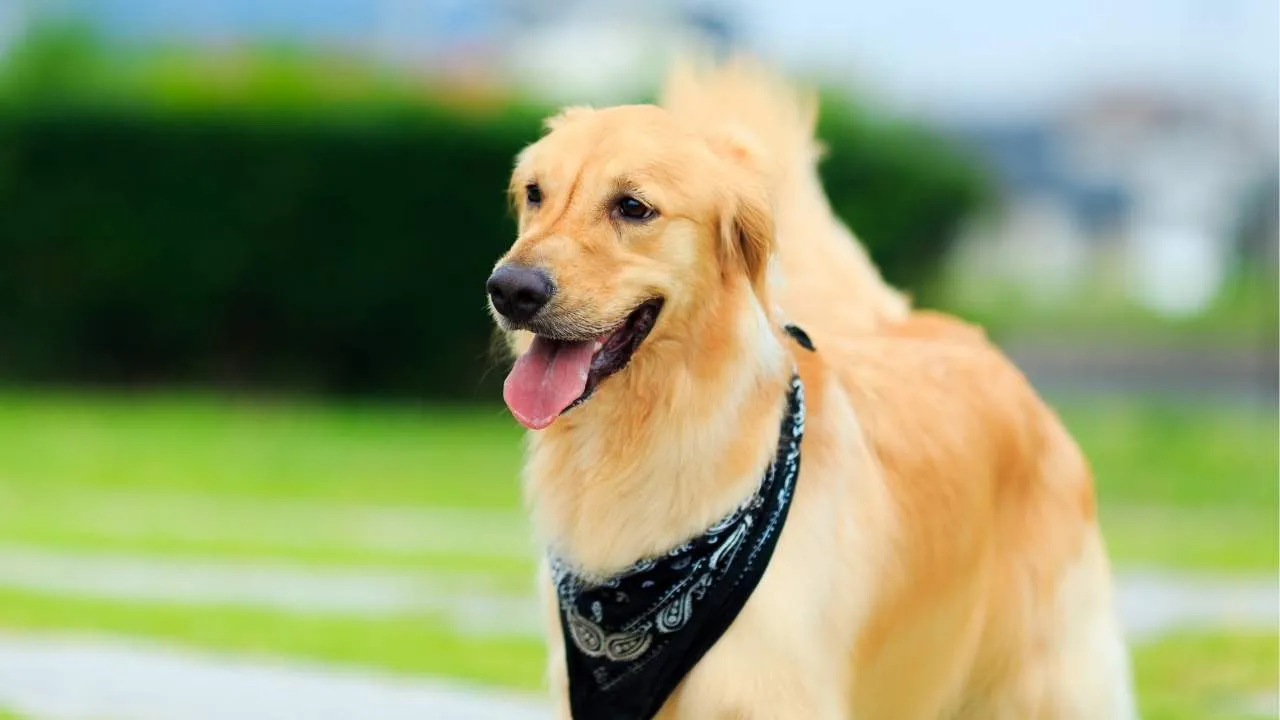
Goldens have a reputation for being affectionate and friendly. They adore people, children, and even doctors. Through early training, they form a strong bond and learn how to stay calm when they’re poked or examined. They usually handle well, even during uncomfortable exams.

These dogs are intelligent, easy to teach, and motivated by positive rewards. They can be easily distracted by a treat, a sweet word, or even a chest rub during a vet exam and forget all those fears.
Goldens are ideal family pets, perfect for going on outdoor adventures and even relaxing on the porch all day. To maintain good health and happiness, remember this simple tip: regular exercise, a balanced diet, and proper grooming are all essential.
Conclusion
Going to the vet doesn’t have to be scary, for you or your dog. When choosing a breed that stays calm under pressure, remember — a little joy, stamina, and trust go a long way at the vet’s door.
Certain breeds are more easily adaptable to new locations, loud sounds, and unfamiliar people. It does not matter whether it is a Cavalier, Golden Retriever, or a Bernese; a mellow pup makes a difference.
With a bit of training, some treats, and lots of love, most dogs can learn to handle these visits with grace. Your next trip to the veterinarian might just be smoother than you imagined.
A general tip: Watch your dog’s body language; a lowered head or tucked tail may signal anxiety during exams.


